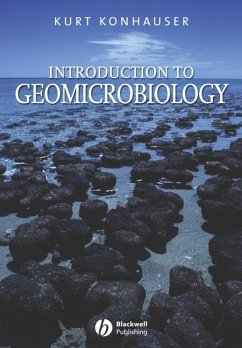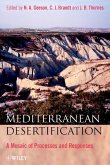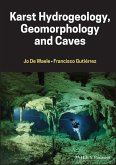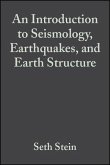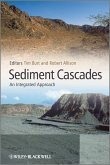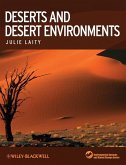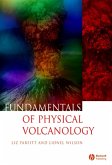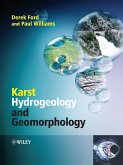Dieser Download kann aus rechtlichen Gründen nur mit Rechnungsadresse in A, B, BG, CY, CZ, D, DK, EW, E, FIN, F, GR, HR, H, IRL, I, LT, L, LR, M, NL, PL, P, R, S, SLO, SK ausgeliefert werden.
"This text is well illustrated with clear, informative andwell-described diagrams and some splendid electron micrographs withconvincing evidence for mineral deposition by bacterial action. Agood index and up-to-date references make this a book thatundergraduates of any biological discipline could use as anintroductory text that would be useful throughout theircourse."
Times Higher Education Supplement
"A thorough and informative overview of thesubject...comprehensively referenced throughout. ...DrKohnhauser has done an excellent job in integrating the diverseaspects of geomicrobiology and making them accessible andinteresting to...a wide range of readers." European Journal ofSoil Science
"The most comprehensive general book in geomicrobiology,showing the great advances made in geomicrobiology during the pastfew years ... Packed with information."
Journal of Sedimentary Research
"I would recommend this book to any upper undergraduate /graduate students who wish to study geomicrobiology, as well as toresearchers in geomicrobiology who may find here either a nice wayto fill possible gaps in their knowledge or a starting point fornew research."
Journal of Sedimentary Research

